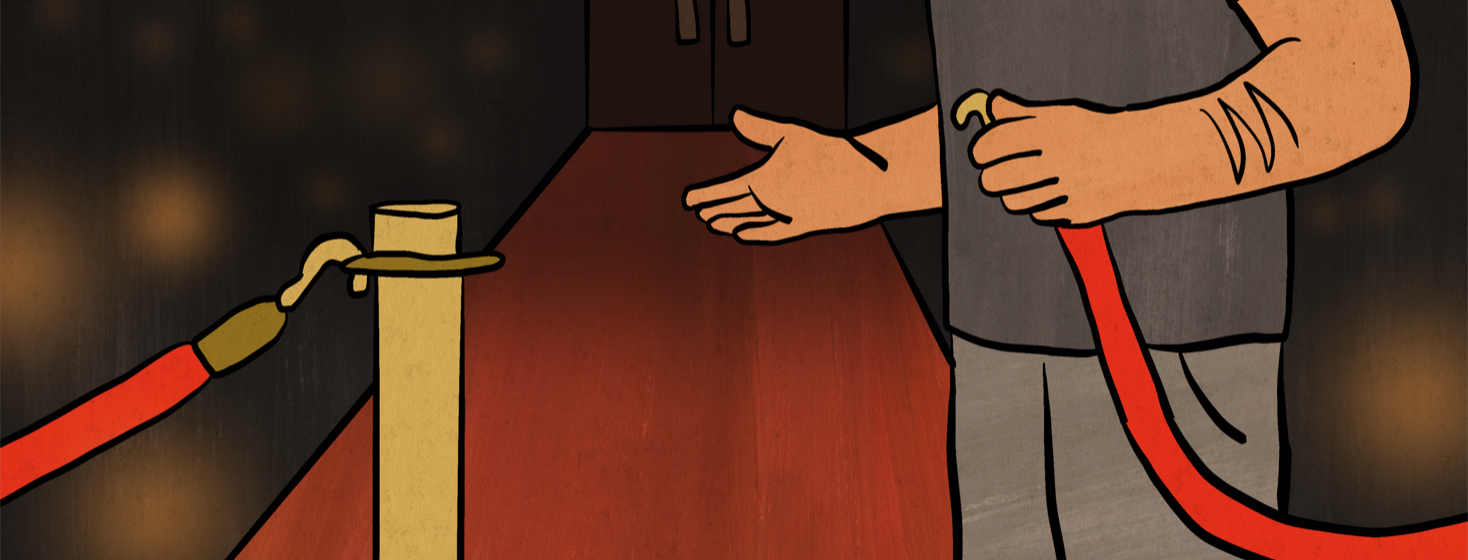Using My Cancer Card
Okay, I admit it, I’ve used my cancer card.
For those not familiar with the term, it means using a cancer diagnosis as an excuse to get out of something or receive special treatment because of it. I’m not sure exactly when I received my metaphorical card, but I have put it to good use since then.
"Suck it up and drive on"
To be fair, before cancer, I never used my health as an excuse for anything. I spent the majority of my life striving for the opposite, not letting illness or injury keep me from doing things. Most of this mindset came from my mom. She was a tough lady and a nurse on top of that. As a kid, I had almost perfect school attendance. Missing school because I didn't feel well was not an option.
This continued with my time in the Army. With the mentality of “suck it up and drive on” and not wanting to be the one on sick call or accused of malingering, I rarely went to the doctor. Even if I felt ill, I was at work “being all I could be.”
Everything changed with my PV diagnosis
In 2016 things all changed. A hematologist diagnosed me with a rare blood cancer called polycythemia vera or PV. PV causes my bone marrow to make too many red blood cells. It increases my risk of cardiac conditions like heart attack, stroke, and blood clots. It also causes many undesirable symptoms like itchiness, headache, abdominal pain from an enlarged spleen and fatigue.
Almost exactly two months later following the PV diagnosis, came another cancer diagnosis, invasive ductal carcinoma, or breast cancer. With both cancers initially, I pushed forward despite how I felt. During my first surgery for breast cancer, I was back in the office as soon as I could drive.
Activating my card
Then came chemo. The treatment combined with the already debilitating symptoms of the PV, completely wiped me out. I barely had the energy to make it through the day. I realized at this point, perhaps I should accept help. Friends offered to pick the kids from school or provide dinner, so I reluctantly cashed in my cancer card.
Shortly afterwards, I asked my boss if I could start teleworking because of my cancer related issues. He agreed and suddenly, with no long commute everyday, I started to see the beauty of my card.
I began to use my card in a variety of situations. Some were legitimate, some not as much. I’d flash my newly activated card for simple things like moving to the front of the line at the grocery store or missing a work event. Best of all, no one questioned it.
Putting away the card
As I recovered from breast cancer chemo and was prescribed medication for the blood cancer, I began to feel better. I started leaving my card in the junk drawer next to the old receipts, rubber bands and pens. Occasionally, I’d dig through the drawer and pull it out if I was tired, overextended, not feeling the best or if I simply didn’t want to do something. For several years, however, it mostly stayed in the drawer.
Pulling out the card again
Then came COVID. The combination of the PV diagnosis with the medication I was taking resulted in a compromised immune system. Even with the vaccines, my body didn’t generate any antibodies. To make things worse, the complications that contracting COVID could pose for someone with PV were alarming. Therefore, it was no surprise I was pulling out my cancer card faster than a blackjack dealer at a casino. I used it so much, it started to peel at the edges, prompting me to get it laminated.
Fast forward to now, almost three years later. Life is somewhat back to normal these days. I am cautiously rejoining the world. However, I still keep my card in my purse ready to pull it out in a moment’s notice, just in case.

Join the conversation